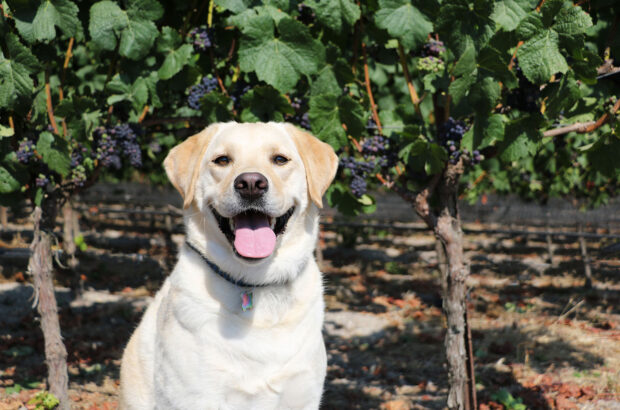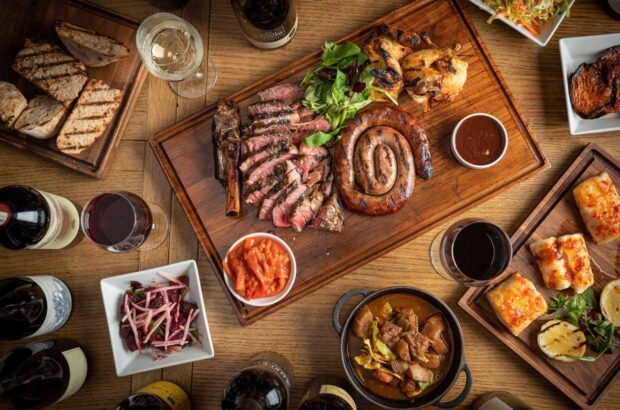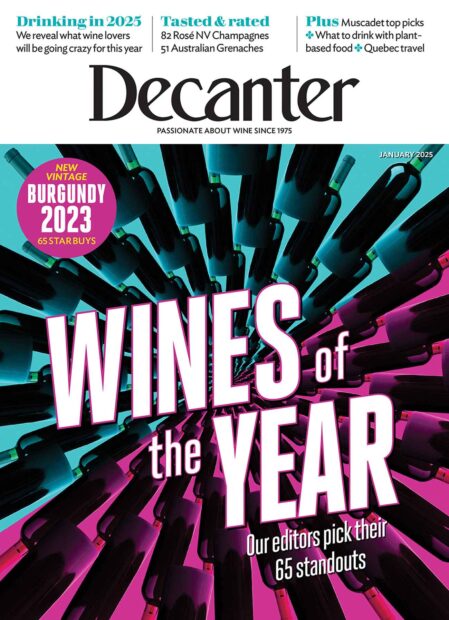The UK government will proceed with plans to raise tax on alcohol despite vehement opposition from the trade, consumers and politicians from all parties.
In today’s budget announcement, the Chancellor of the Exchequer Alistair Darling confirmed he would impose a 2% above inflation tax escalator on alcohol, effective this evening, despite the concerted lobbying of the drinks industry and support from an All-Party Parliamentary Wine and Spirit Group.
‘The last thing we need is another tax increase,’ said Gavin Partington, head of communications for the UK Wine and Spirit Trade Association.
‘Other industries getting substantial assistance, and we weren’t even asking for this. We were just asking not to be taxed any further.’
Combined with last year’s 17% increase in excise duty, the new tax means that within three years – by the time of the London Olympics – duty will rise by about 40%.
Andrew Dismore MP, chairman of the All-Party Parliamentary Wine and Spirit Group, told decanter.com that the group would pursue its aims for the future.
‘I think we recognised that we started a bit late for the current budget, and we’ll now focus on next year’s.’
He cited the repeal of a fuel duty escalator tax as a precedent for changes in policy even under prevailing government regimes.
‘It’s something we have to keep lobbying about.’
The immediate effect will be a £0.04 increase on each bottle of wine, £0.13 per bottle of spirits and one penny per pint of beer. But this is only part of the story, as the drinks and hospitality industries are already reeling from the effects of the global recession and increased operating expenses.
‘This is bad news for every link in the production and distribution chain,’ said Catherine Monahan, managing director of Clink! Wines who organised a pan-industry protest and submitted a petition to 10 Downing Street in March.
‘We’ll have to try to get our retailers to negotiate on margin, which is very difficult, or put pressure on producers to charge less, which we don’t like to do. Or else agents and distributors will take the hit, which means they’ll have to employ fewer people or cut costs in other ways.’
Partington said the industry would step up efforts to change government policy.
‘We hope the Chancellor will hear the message that the increases have to stop,’ he said.
‘If you want a sustainable tax revenue stream, implementing measures that lead to job losses and lower purchasing power is not the way to do it. The government is effectively killing the goose that laid the golden egg.’
When combined with new taxes on tobacco and gasoline, the alcohol tax will contribute to £6bn the government is hoping to raise to cover the biggest deficit of any nation in the G20.
Written by Maggie Rosen






